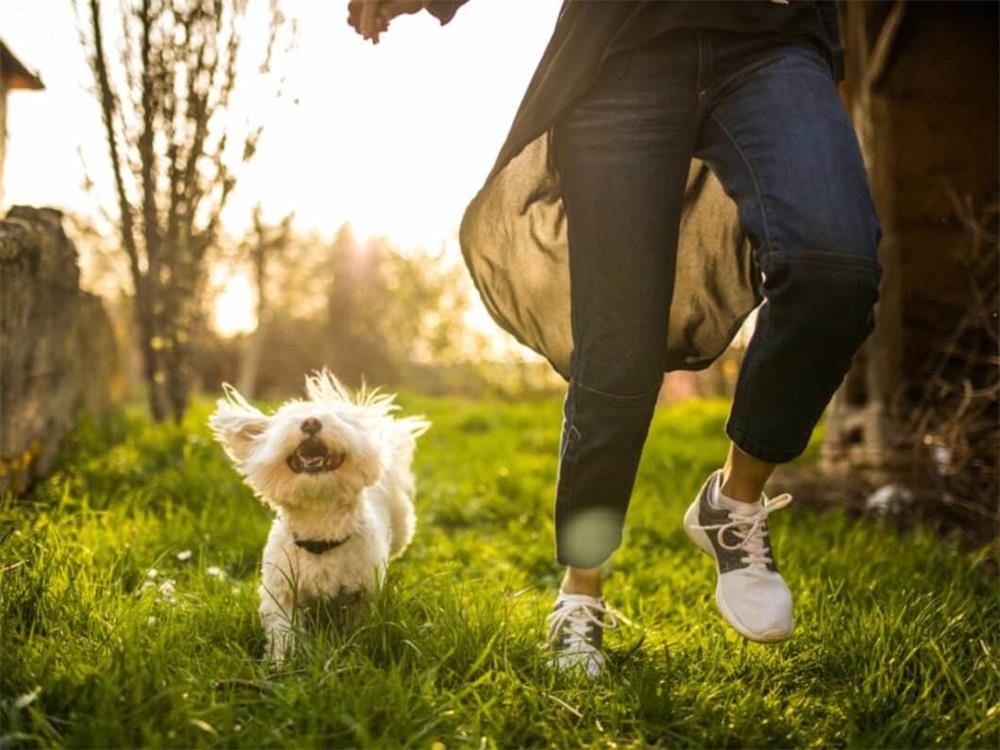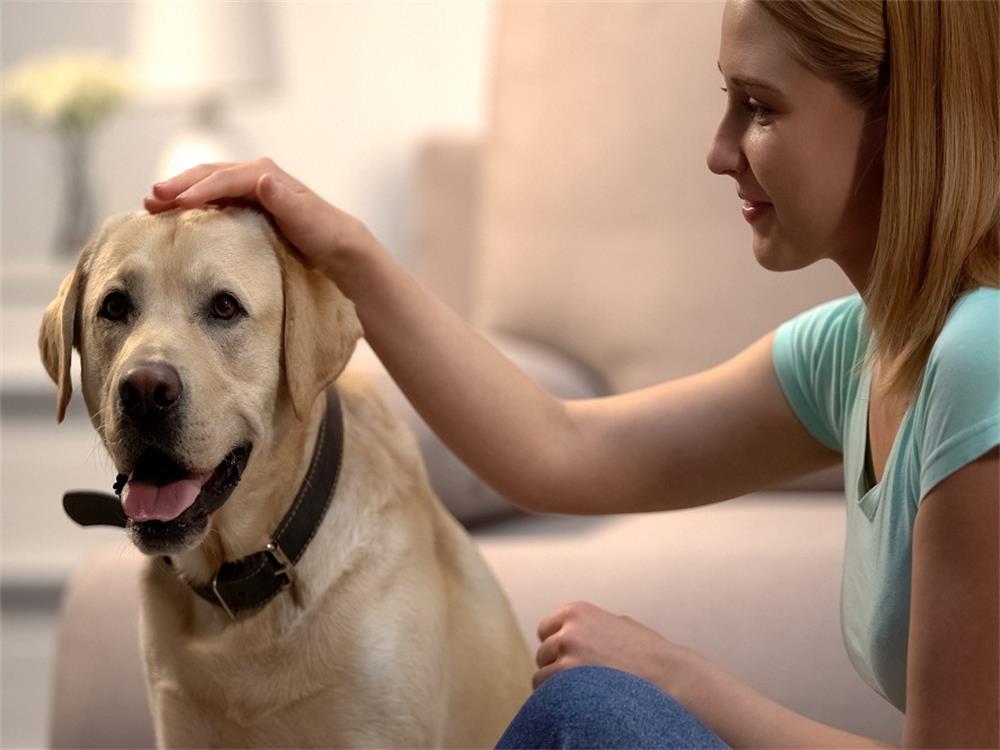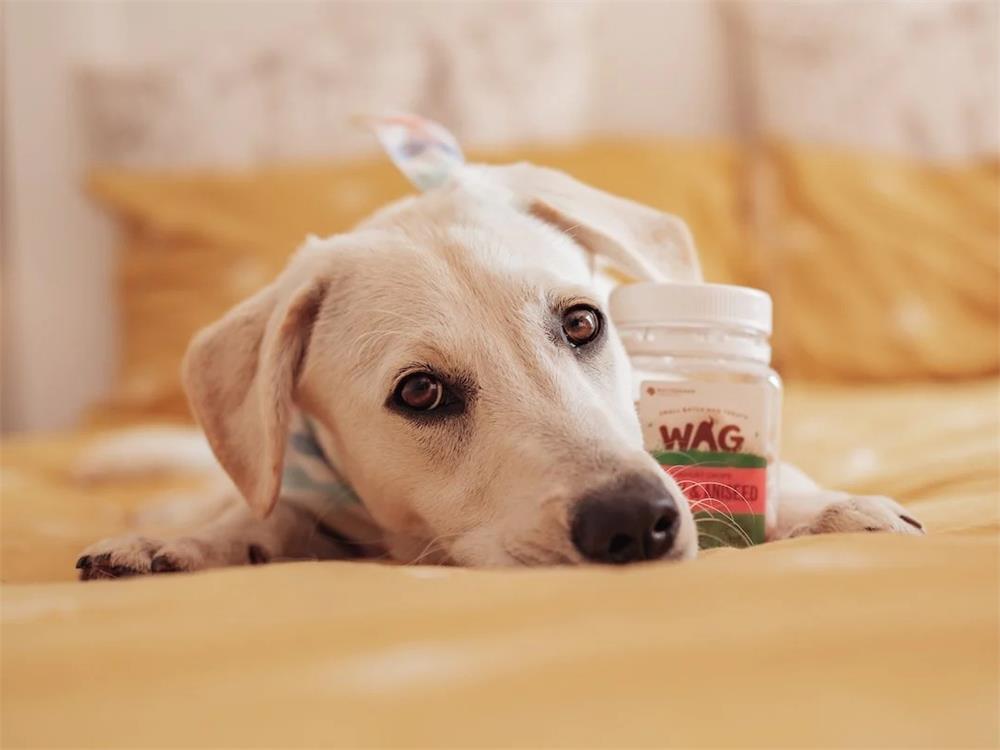Contents
- 1 1. Choose the Right Food and Feeding Schedule
- 2 2. Provide a Safe and Comfortable Environment
- 3 3. Train and Socialize Your Pet
- 4 4. Groom Your Pet Regularly
- 5 5. Visit the Vet Regularly
- 6 6. Exercise Your Pet Daily
- 7 7. Protect Your Pet from Parasites
- 8 8. Get Pet Insurance
- 9 9. Be Prepared for Emergencies
- 10 10. Love Your Pet Unconditionally
- 11 Conclusion
Congratulations on bringing home your new furry friend! Whether you have adopted a dog, a cat, or another type of animal, you are now responsible for their health and happiness. As a new pet owner, you might feel overwhelmed by all the things you need to do to take care of your pet. Don’t worry, we are here to help you with some essential pet care tips that will make your life easier and your pet’s life better.
1. Choose the Right Food and Feeding Schedule
One of the most important aspects of pet care is providing your pet with proper nutrition. You should choose high-quality food that is appropriate for your pet’s age, size, breed, and health condition. You should also consult your vet about how much and how often to feed your pet, as overfeeding or underfeeding can lead to obesity or malnutrition. Avoid giving your pet human food, as some of them can be toxic or harmful to animals. Always provide fresh water for your pet and keep their food and water bowls clean.
2. Provide a Safe and Comfortable Environment
Your pet needs a place where they can feel safe, comfortable, and relaxed. You should provide them with a cozy bed, toys, scratching posts, litter boxes, and other items that suit their needs and preferences. You should also make sure that your home is pet-proofed, meaning that you remove or secure any potential hazards such as wires, cords, plants, chemicals, medications, or small objects that your pet could chew on or swallow. You should also keep your pet indoors or in a fenced yard to prevent them from getting lost, injured, or attacked by other animals.
3. Train and Socialize Your Pet
Training and socializing your pet are essential for their behavior and well-being. Training helps you teach your pet the basic commands, rules, and manners that will make them good companions and prevent them from developing bad habits. Socializing helps your pet get used to different people, animals, places, and situations that they will encounter in their life. You should start training and socializing your pet as early as possible, using positive reinforcement methods such as praise, treats, and toys. You should also enroll your pet in obedience classes or seek professional help if you need more guidance.
4. Groom Your Pet Regularly
Grooming your pet is not only about making them look good, but also about keeping them healthy and happy. Grooming involves brushing their fur, trimming their nails, cleaning their ears, eyes, teeth, and anal glands, bathing them when necessary, and checking them for fleas, ticks, parasites, or skin problems. Grooming your pet regularly helps you prevent matting, tangling, infections, odors, dental diseases, and other issues that can affect your pet’s comfort and health. You should also use appropriate grooming tools and products that are suitable for your pet’s coat type and skin condition.
5. Visit the Vet Regularly
Visiting the vet regularly is vital for your pet’s health and wellness. Your vet will perform physical exams, vaccinations, deworming, spaying/neutering, microchipping, blood tests, urine tests, fecal tests, and other procedures that will help you detect and prevent any health problems or diseases that your pet may have or develop. Your vet will also provide you with advice on how to take care of your pet at home and answer any questions or concerns you may have about your pet’s health. You should visit the vet at least once a year for routine check-ups and more often if your pet is sick or injured.
6. Exercise Your Pet Daily
Exercise is essential for your pet’s physical and mental health. Exercise helps your pet burn calories, strengthen muscles, improve circulation, reduce stress, stimulate their mind, and release pent-up energy. Exercise also helps you bond with your pet and have fun together. You should exercise your pet daily according to their age, size, breed, and energy level. You can exercise your pet by walking, running, playing fetch, tug-of-war, chasing laser pointers, or using interactive toys. You should also provide your pet with enough mental stimulation by giving them puzzles, treats, or hiding places.
7. Protect Your Pet from Parasites
Parasites are organisms that live on or in your pet and feed on their blood or nutrients. Parasites can cause various problems for your pet such as itching, irritation, inflammation, anemia, weight loss, diarrhea, vomiting, or even serious diseases such as heartworms, lyme disease, or rabies. You should protect your pet from parasites by using preventive products such as flea and tick collars, spot-on treatments, oral medications, or injections. You should also check your pet regularly for any signs of parasites and consult your vet if you find any.
8. Get Pet Insurance
Pet insurance is a type of insurance that covers your pet’s medical expenses in case of accidents or illnesses. Pet insurance can help you save money and avoid financial stress when your pet needs emergency care or treatment for a chronic condition. Pet insurance can also cover other costs such as prescription medications, surgery, diagnostic tests, or alternative therapies. You should compare different pet insurance plans and choose the one that best suits your pet’s needs and your budget. You should also enroll your pet in pet insurance as soon as possible, as most plans do not cover pre-existing conditions.
9. Be Prepared for Emergencies
Emergencies can happen anytime and anywhere, and you should be prepared to handle them in the best way possible. You should have a pet first aid kit at home and in your car, containing items such as bandages, gauze, scissors, tweezers, antiseptic, a thermometer, gloves, and a muzzle. You should also have a list of emergency contacts, such as your vet, the nearest animal hospital, the poison control center, and a trusted friend or family member who can take care of your pet if you are not available. You should also know how to perform basic first aid procedures on your pet, such as CPR, wound care, or choking relief.
10. Love Your Pet Unconditionally
The most important pet care tip is to love your pet unconditionally. Your pet is not just an animal, but a member of your family and a loyal friend. Your pet will love you no matter what, and you should do the same for them. You should show your pet affection, attention, praise, and respect. You should also spend quality time with your pet, playing, cuddling, or just being together. You should also understand your pet’s personality, needs, and preferences, and try to accommodate them as much as possible. You should also respect your pet’s boundaries and signals, and never force them to do something they don’t want to do.
Conclusion
Taking care of a pet is a big responsibility, but also a rewarding experience. By following these essential pet care tips, you will be able to provide your pet with the best possible care and make them happy and healthy for life. Remember that your pet depends on you for everything, and you should always do your best to meet their needs and expectations. Your pet will thank you with their unconditional love and loyalty.







